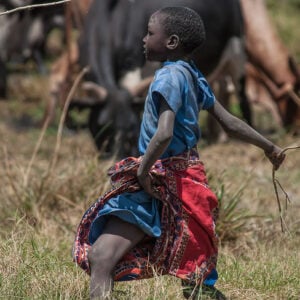The Congolese economy achieved modest real GDP growth of 2.6% in 2024, marking a slight increase in per capita income for the first time since 2016. Despite this progress, the World Bank’s latest Economic Update for the Republic of Congo notes that these gains have yet to translate into a meaningful reduction in poverty. The report emphasizes that sustained improvements in living standards will require strategic management of the country’s debt, cash flow, and key assets.
The twelfth edition of the report, titled “Strengthen the Management of Produced, Human and Natural Capital to Raise Living Standards in the Republic of Congo,” urges the government to enhance fiscal sustainability while protecting and expanding assets to improve citizen welfare. The country has made progress in non-oil revenue mobilization and in public debt and treasury management reforms. However, liquidity pressures persist, highlighting the need for prudent cash management and rationalized public spending.
Economic diversification is slowly progressing. Local content policies have strengthened agricultural value chains, and manufacturing exports have benefited from rising regional demand. At the same time, the decline in oil production underscores the vulnerability of an economy heavily reliant on hydrocarbons, and labor absorption from non-oil sectors remains limited. In the medium term, growth is projected at 2.8% in 2025, with a gradual recovery expected over 2026–2027 amid challenges from lower oil prices and tighter financial conditions.
The report stresses the significance of the Republic of Congo’s human and natural capital. Forests cover more than 69% of the country, storing nearly 16 billion tonnes of carbon and providing crucial ecosystem services. Proper management of these resources, along with greater investments in health, education, and human capital, has the potential to sustainably increase wealth per capita. Cheick Fantamady Kanté, World Bank Country Director for the region, highlighted the importance of valuing carbon sequestration services to enable tangible benefits for communities and inform policymaking.
Key recommendations include strengthening forest governance, improving education and health systems, and promoting local processing of natural resources to generate jobs, mobilize climate finance, and support sustainable development. The report concludes with a call for concerted international support to help the Republic of Congo achieve resilient, inclusive, and environmentally sustainable growth that benefits all its citizens.







